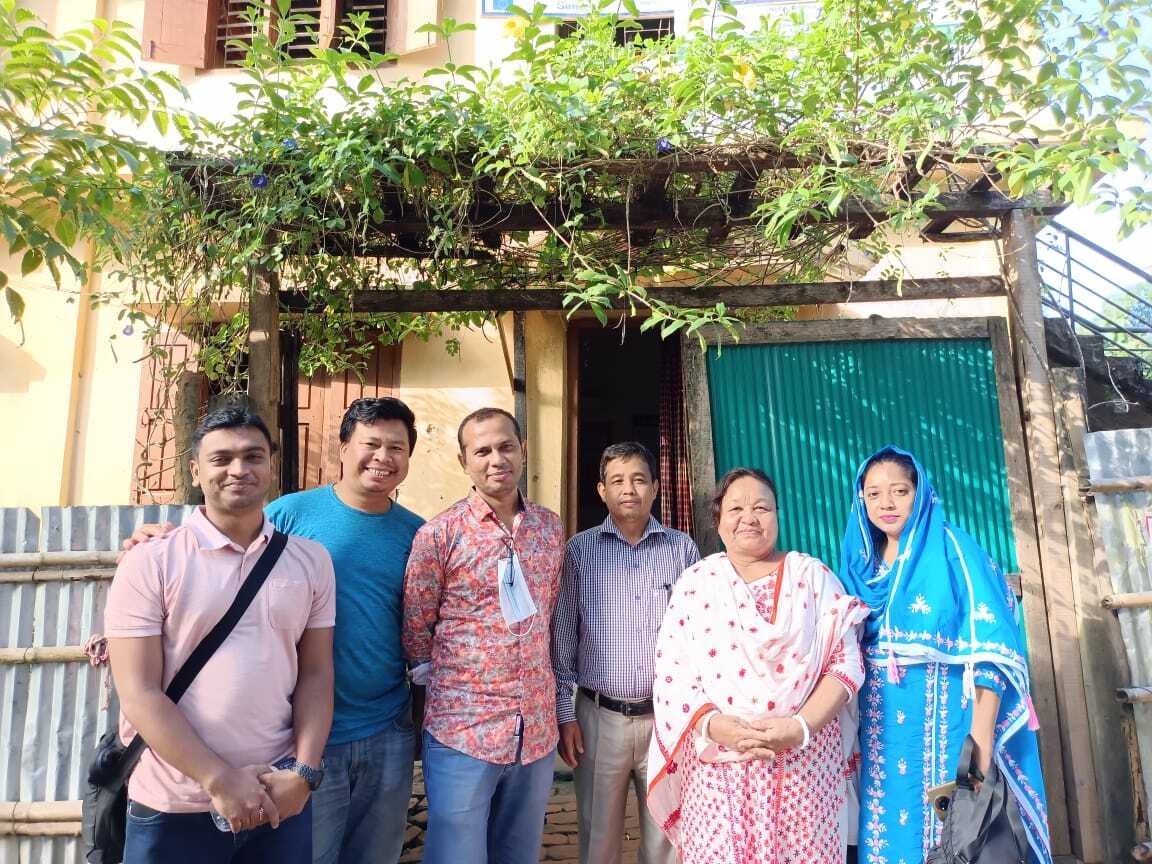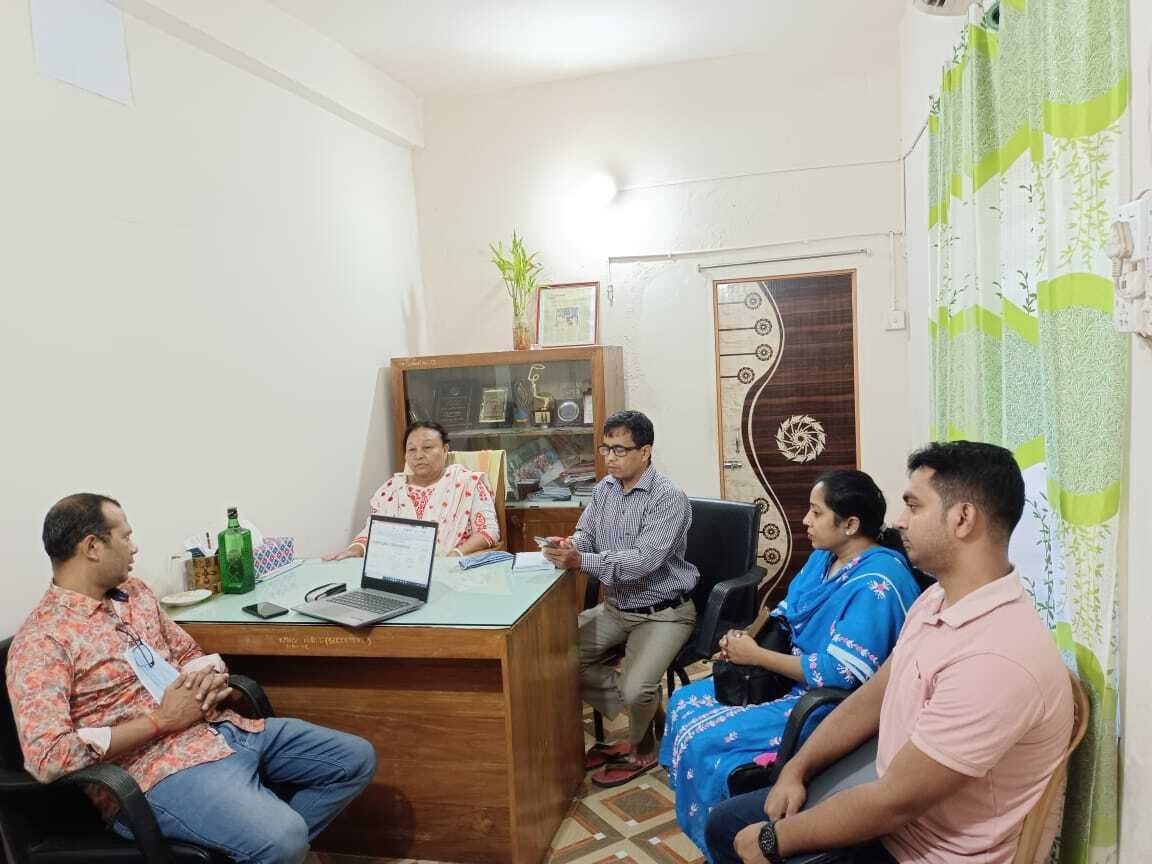Why building civil society's financial literacy and structures is so important
Working closely together with grassroots organisations on their accounting procedures. It is not what most people imagine Simavi would work on. But it is exactly what Maria Dali and Sultana Islam have been doing for the last 4,5 years.
Text by Lindsay van Clief
‘You can have a beautiful home, but without a roof over your head you will lose everything when the rain starts falling.’ Financial controller Maria Dali from Simavi becomes a bit philosophical when talking about the importance of finance and control. Together with her colleague Sultana Islam, based in Bangladesh, she has been supporting 10 civil society organisations to build robust and transparent finance and accounting policies and procedures as part of a larger European Union (EU) funded programme, Our Lives, Our Health, Our Futures.
The duo has revolutionised the selected grassroots organizations, many of which were still doing their accounting manually with small budgets. To date, all 10 have integrated (free) accounting software, reported four years of 100% eligible expenses on the project and all now have internationally recognised standards, policies, and procedures that qualify them for most international funds.

Opportunities for future funding
Maria and Sultana went beyond the requirements needed for the EU reporting guidelines. By setting up these organisations to qualify and report for any international donor, the sustainability of the work is supported and opportunities for future funding are increased.
There was a clear, expressed need to build the capacity - not just of the implementation - but also of the core structure of these organisations, explains Maria. Part of the success of this intervention was addressing all of the partner organisations together, building trust, sharing knowledge and allowing them to grow and support each other.

Turning procedures into practice
Sultana was key to the success of this capacity building and reporting. As a local with auditing experience, she acted as the internal auditor for the programme understanding the local rules and regulations, with Maria supporting international standards. Sultana would do smaller internal audits throughout the year and support the organisations as they were all utilising the new software, turning the procedures into practice.
More of this kind of organisational support to civil society organisations is needed. Not only to create better relationships and shift power, but also to support long term sustainability. At Simavi we have shown we are able to give these organisations the push they need to grow and develop their own business – not only work on their thematic work in communities.
Working together
Simavi worked closely together with co-partner Bangladesh Nari Progati Sangha (BNPS) and ten grassroot indigenous organisations in the Chittagong Hill Tracts (Rangamati. Bandarban and Khagrachori Districts): Progressive, Hill Flower, WEAVE, Taungya, Ananya Kallyan Sangathon (AKS), Gram Unnayon Sangathon (GRAUS), Tahzingdong, Zabarang Kalyan Samity (ZKS), Khagrapur Mahila Kalyan Samity (KMKS), Trinamul Unnayan Sangstha (TUS).
Partners

Bangladesh Nari Progati Sangha (BPNS) - Bangladesh

PROGRESSIVE - Bangladesh

Hill Flower - Bangladesh

WEAVE - Bangladesh

Taungya - Bangladesh

Ananya Kallyan Sangathon (AKS) - Bangladesh

GRAUS (Gram Unnayon Sangathon) - Bangladesh

TAHZINGDONG - Bangladesh

Zabarang - Bangladesh

KMKS - Bangladesh



